Analog Output Modules – Precise Voltage & Current Control for Automation Systems
Analog output modules in PLC (Programmable Logic Controller) systems serve as the interface between the PLC's control logic and external analog devices or actuators, allowing for the generation of continuous analog signals to control processes or equipment.
These modules convert digital data from the PLC into analog signals such as voltage or current, enabling precise control of analog devices.
Key features and benefits of analog output modules in PLC systems include:
Signal Generation
Analog output modules generate continuous analog signals based on digital data received from the PLC's logic program, allowing for precise control of external analog devices or actuators.
High Resolution
Many analog output modules offer high-resolution digital-to-analog conversion, enabling accurate generation of analog signals with fine-grained control.
Output Range Flexibility
Analog output modules support a wide range of output signal types and ranges, including voltage, current, and other types of analog signals, providing flexibility to accommodate diverse control requirements.
Scaling and Calibration
Analog output modules often include scaling and calibration features, allowing users to adjust output signal scaling factors and calibrate actuators to ensure accurate control.
Sample Rate
Some analog output modules offer adjustable sample rates, allowing users to configure the rate at which digital data is converted into analog signals, optimizing performance based on application requirements.
Diagnostic Capabilities
Advanced analog output modules may include diagnostic features, such as output fault detection or signal integrity monitoring, enabling operators to identify and troubleshoot issues with analog output signals.
Compatibility
Analog output modules are compatible with a wide range of analog actuators and devices commonly used in industrial automation applications, ensuring compatibility and interoperability with existing equipment.
Analog output modules play a crucial role in PLC systems by enabling the generation of continuous analog signals to control external analog devices or actuators.
With their high resolution, flexibility, and diagnostic capabilities, these modules contribute to the precision, reliability, and efficiency of PLC-based control systems across various industries.
 admin@shawa.in
admin@shawa.in  +91-9870100205
+91-9870100205 +91-9654048068
+91-9654048068


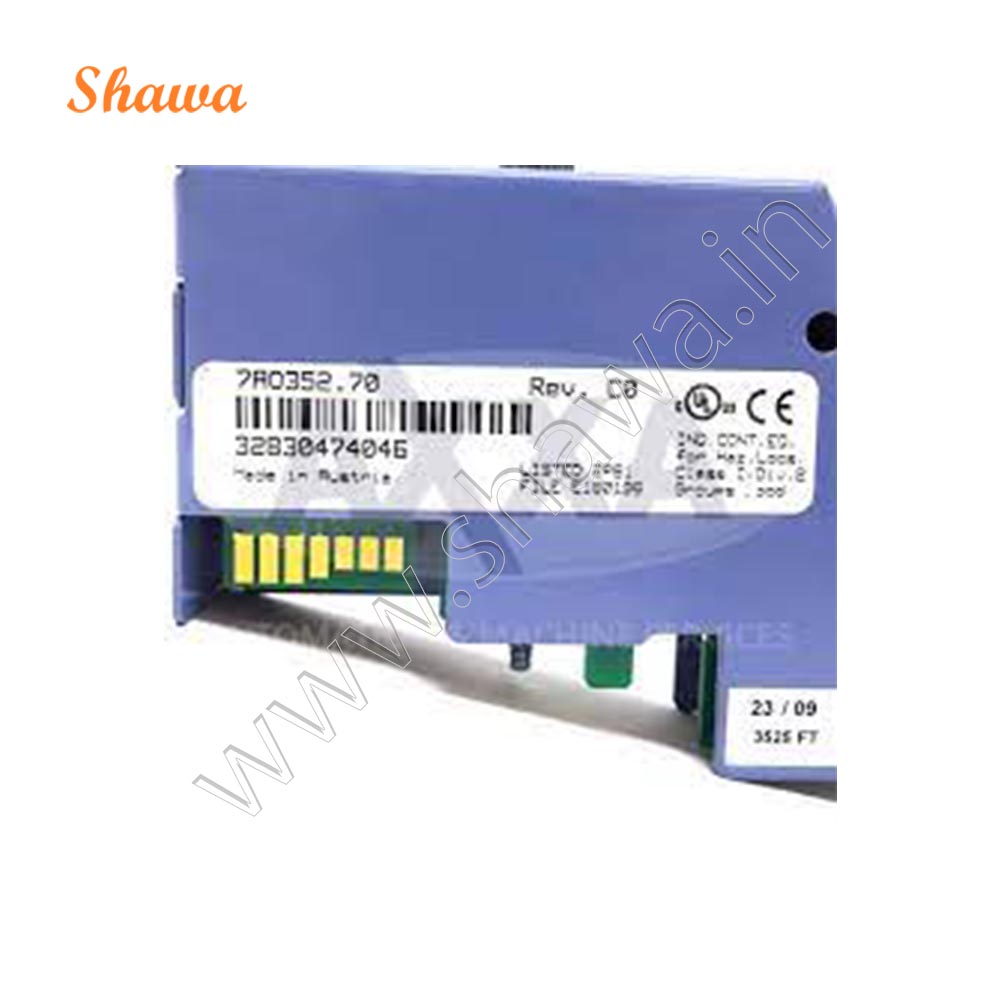
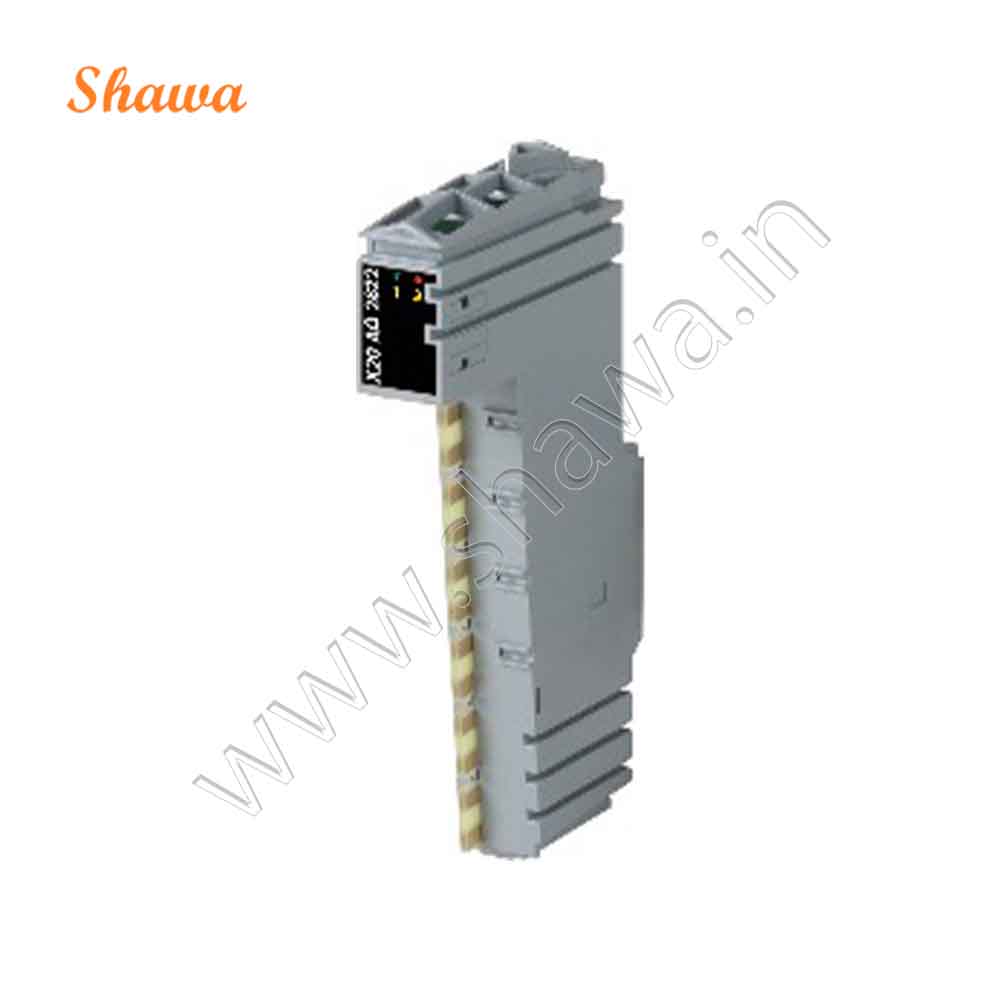
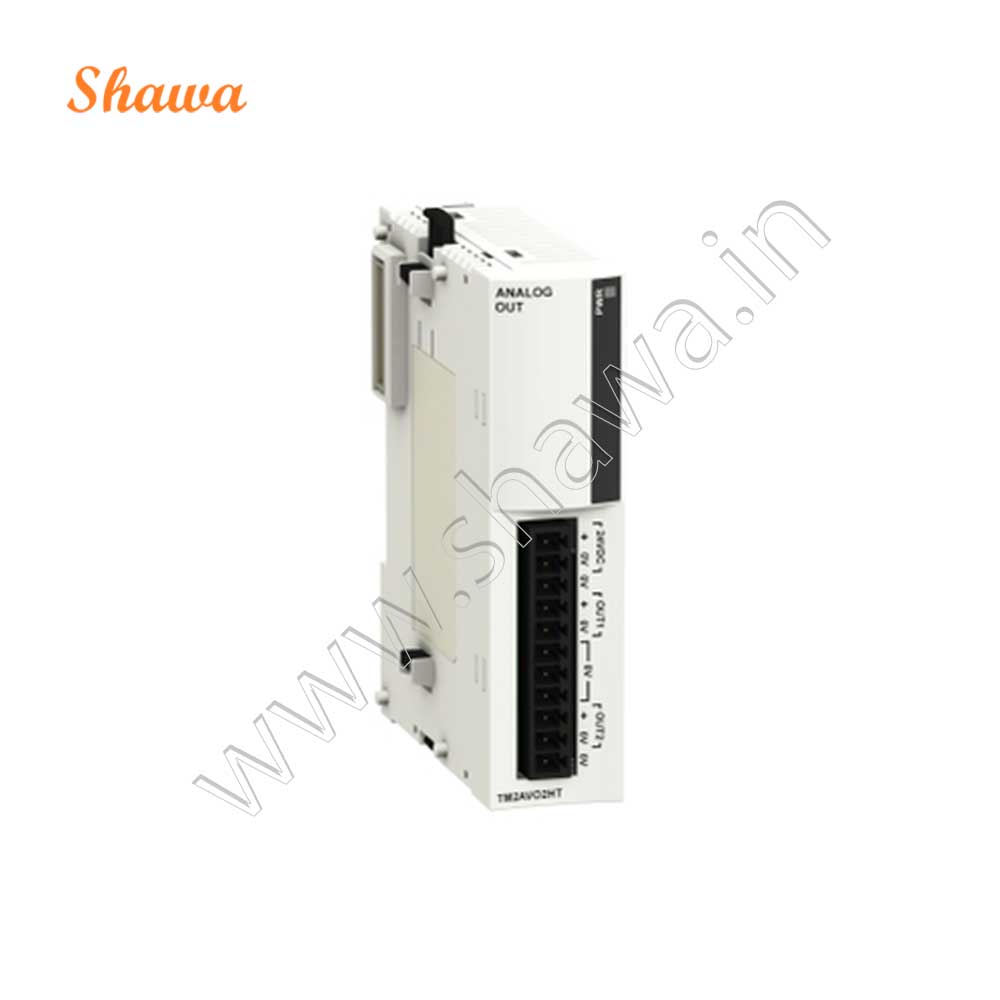
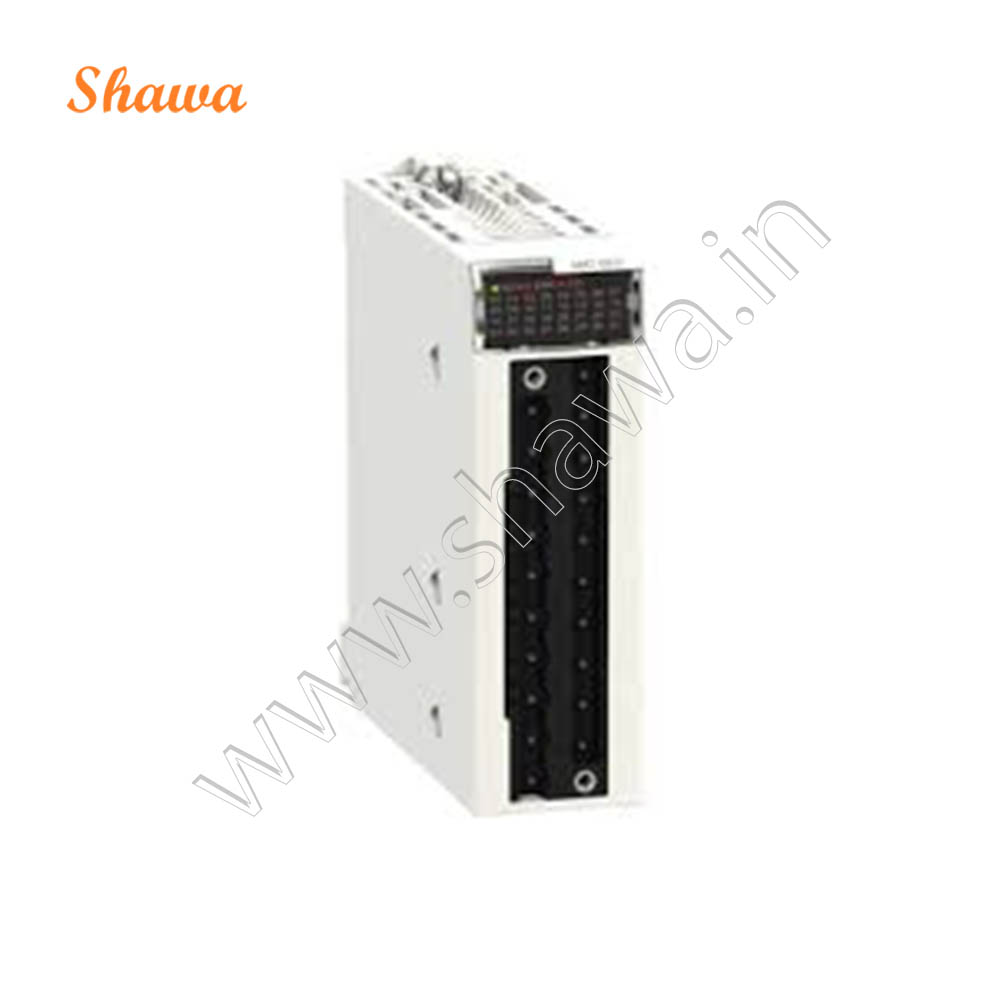
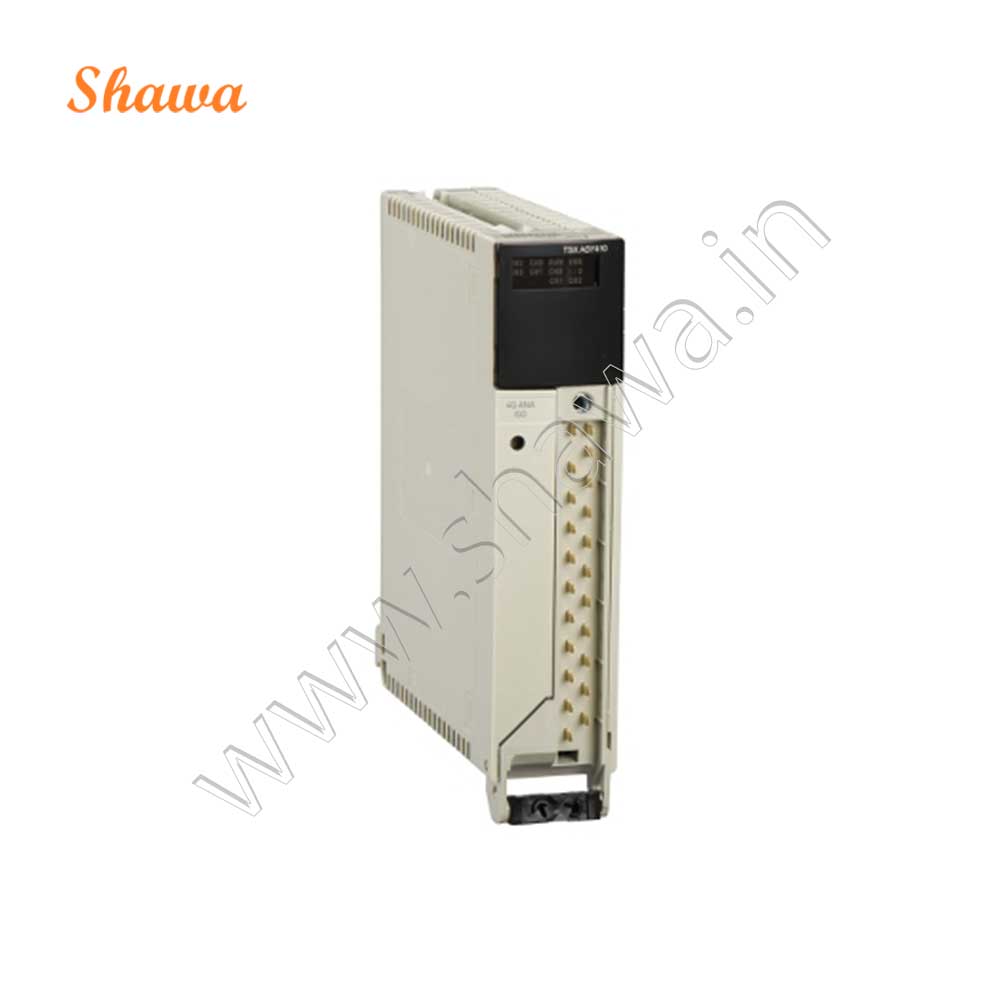
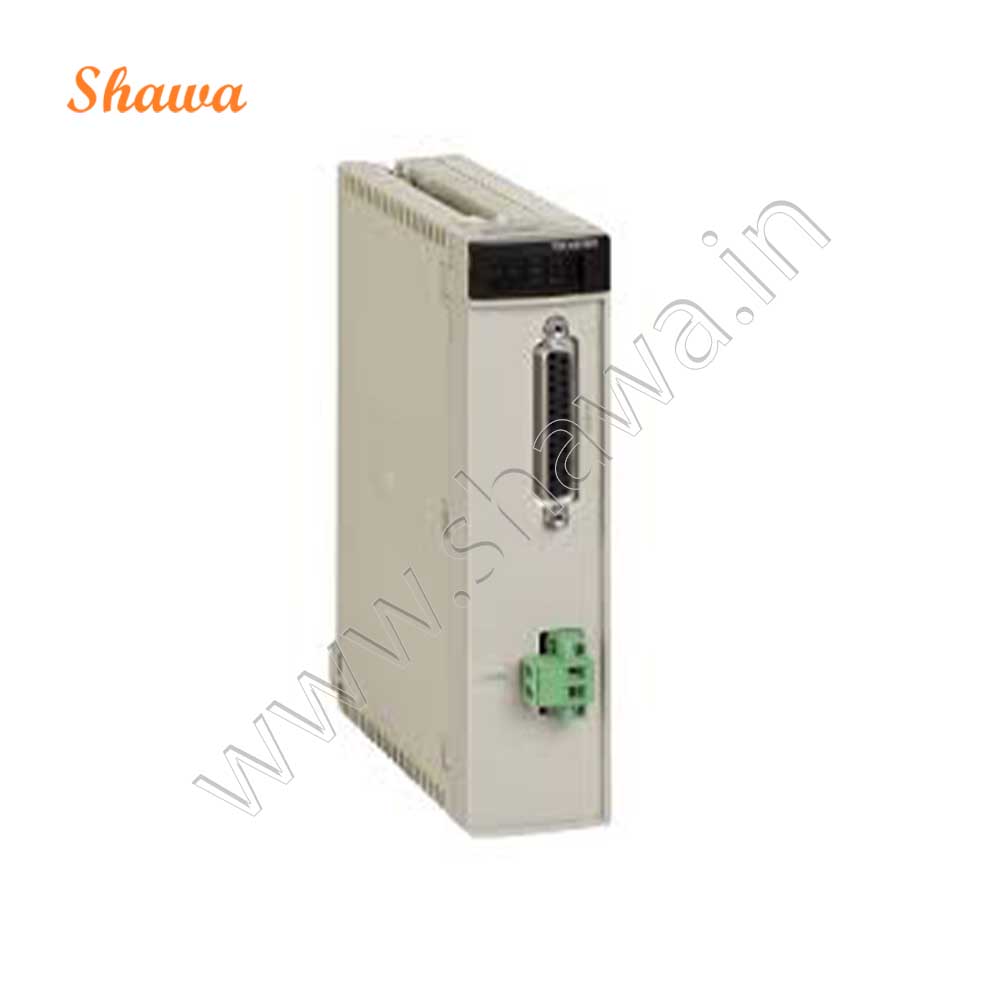
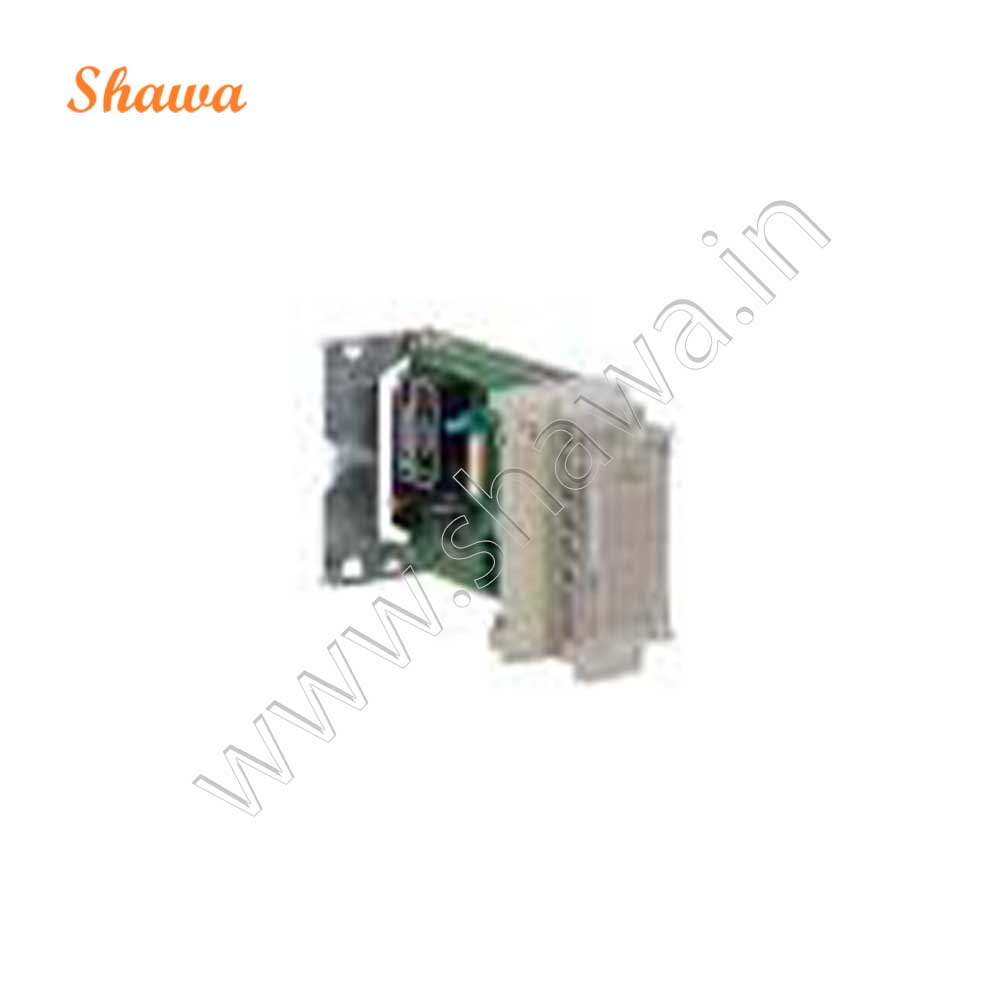
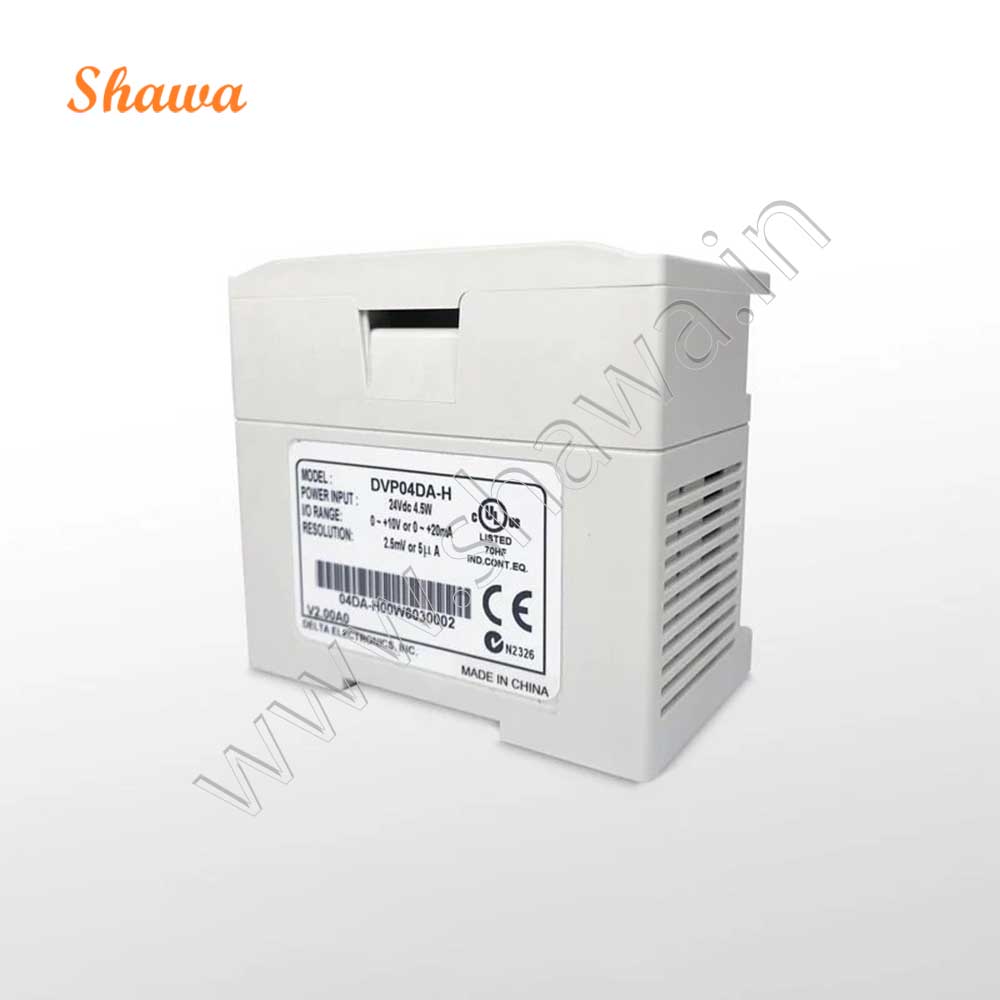
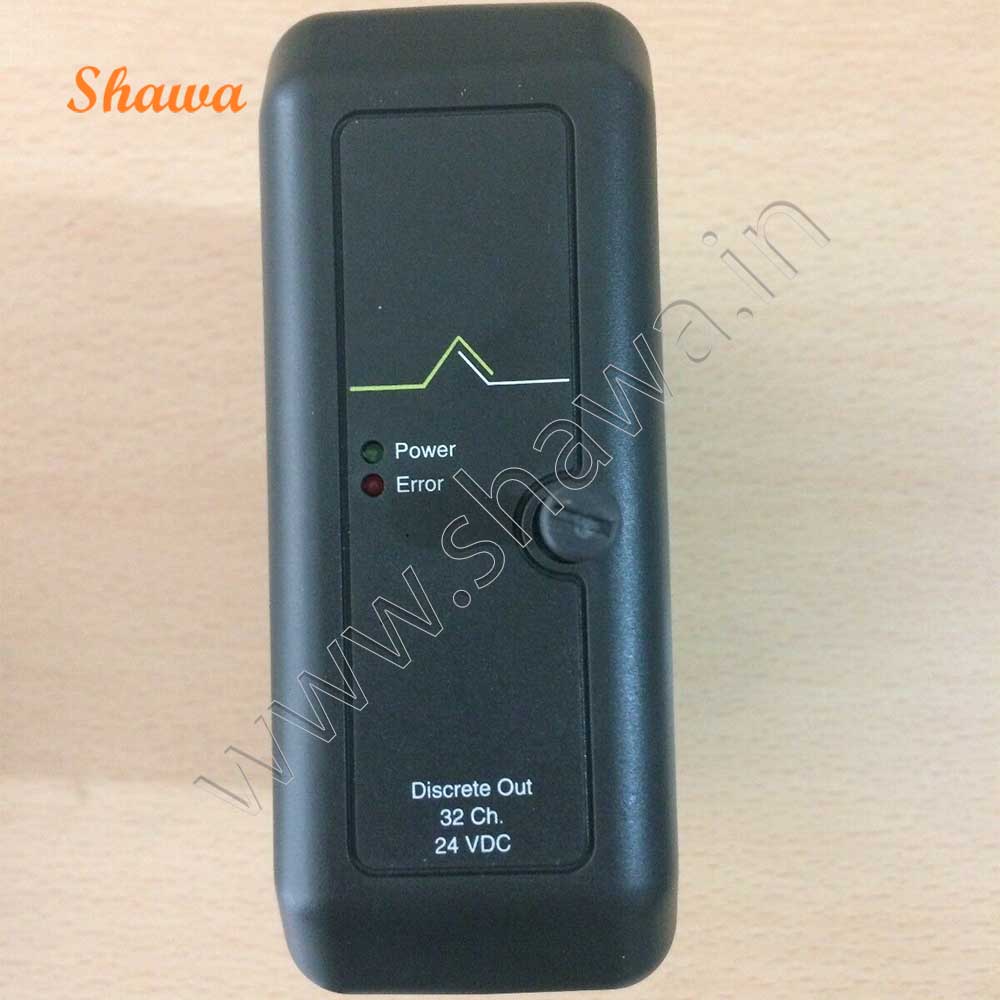
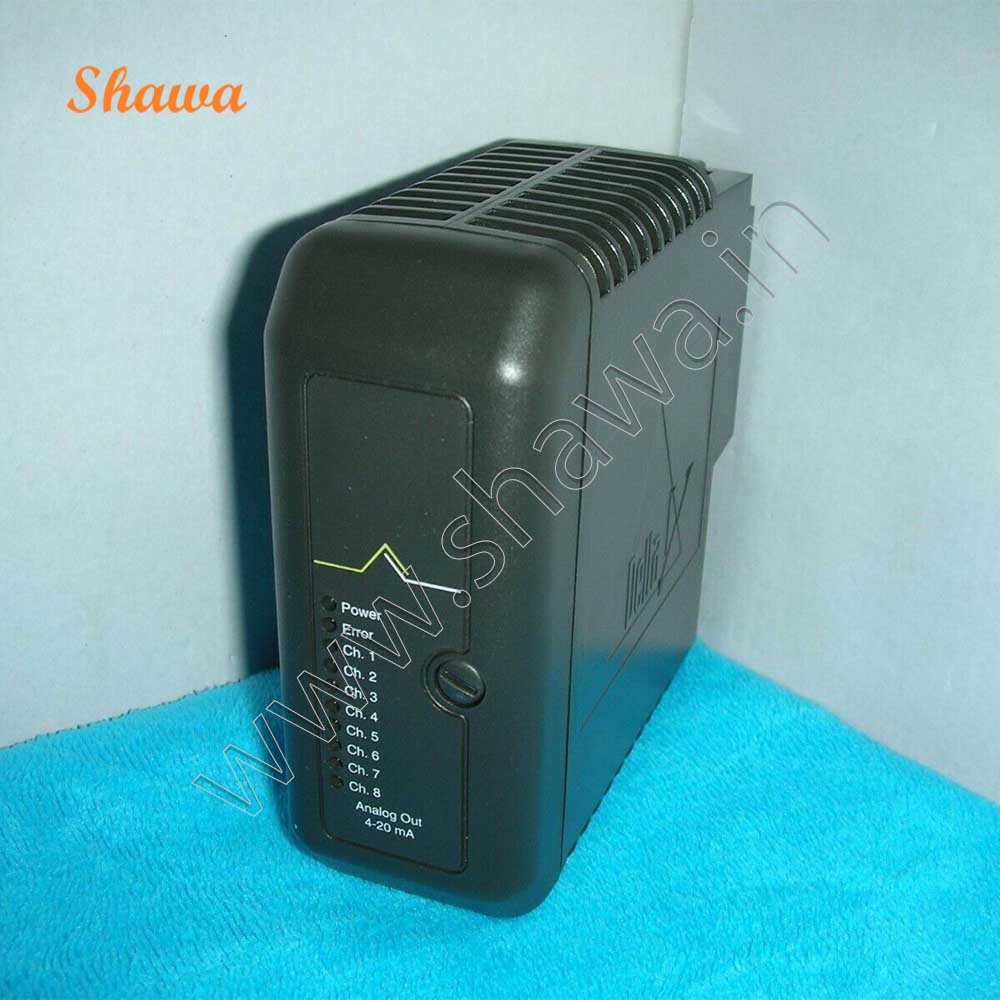
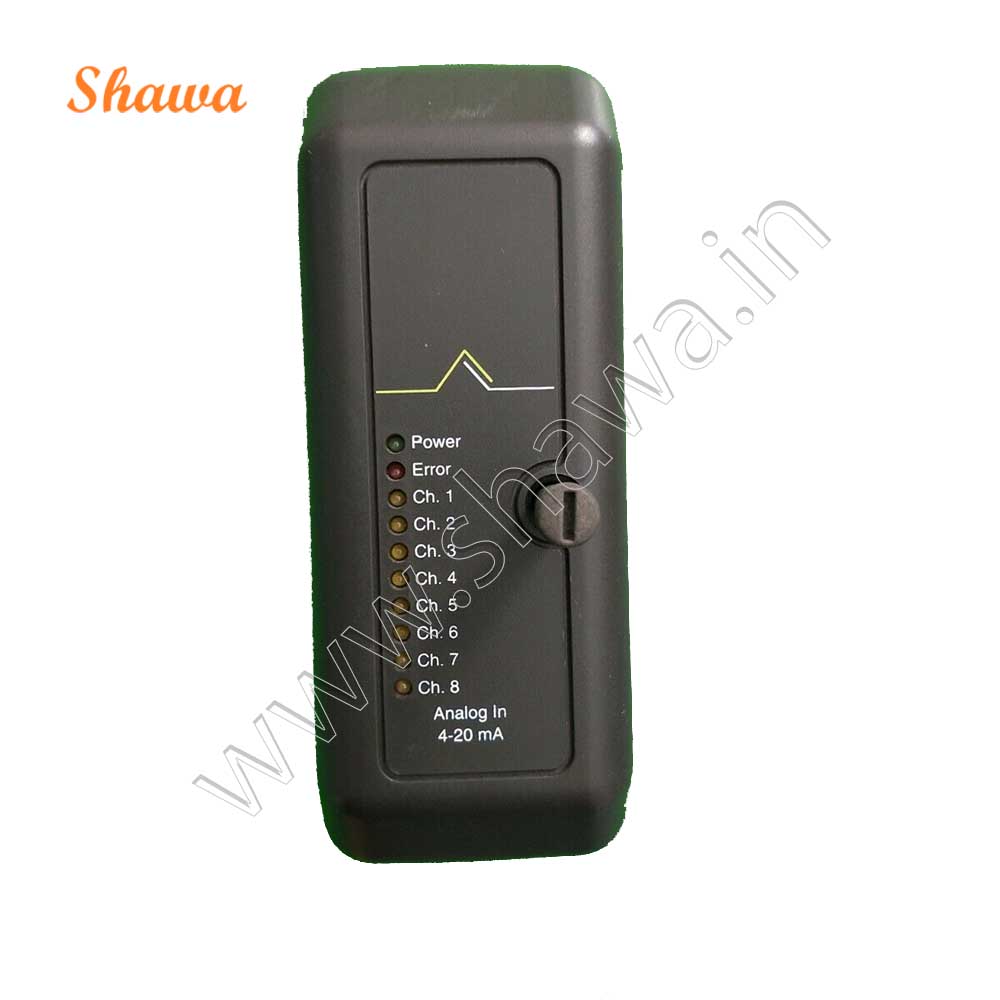
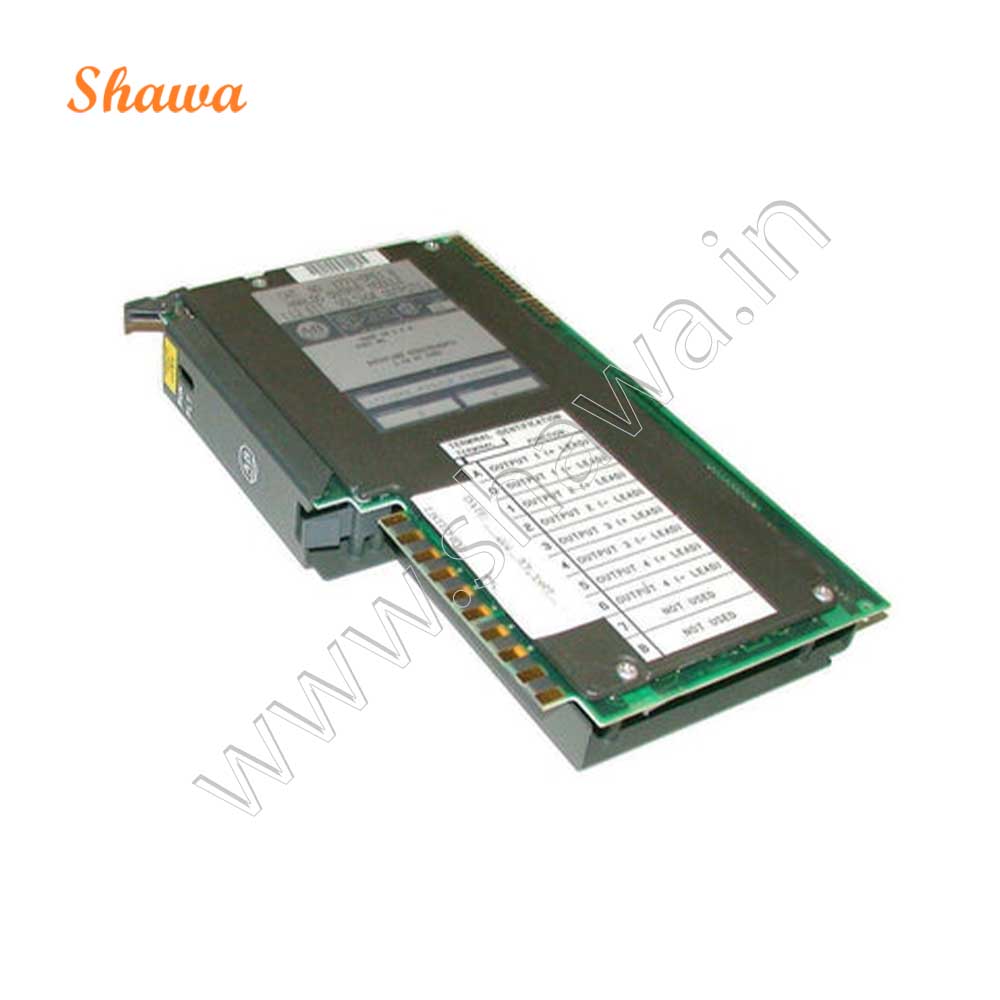
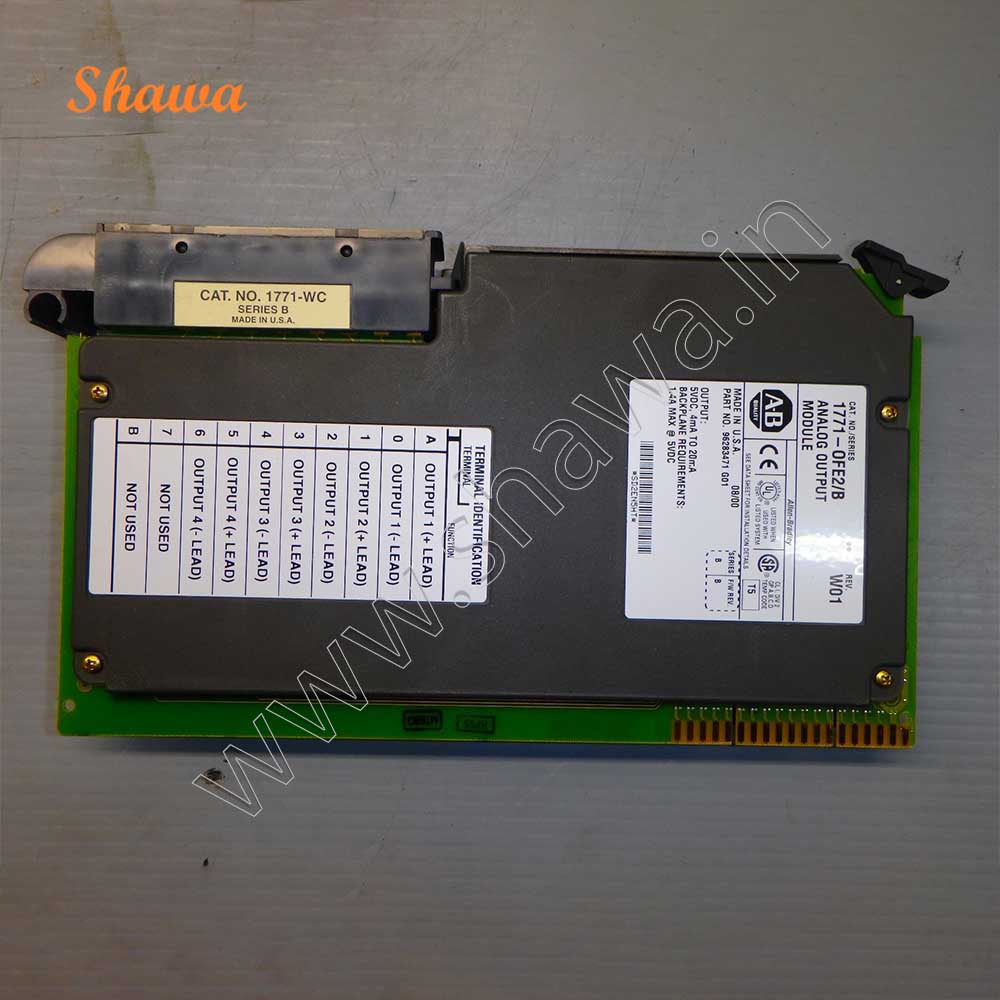
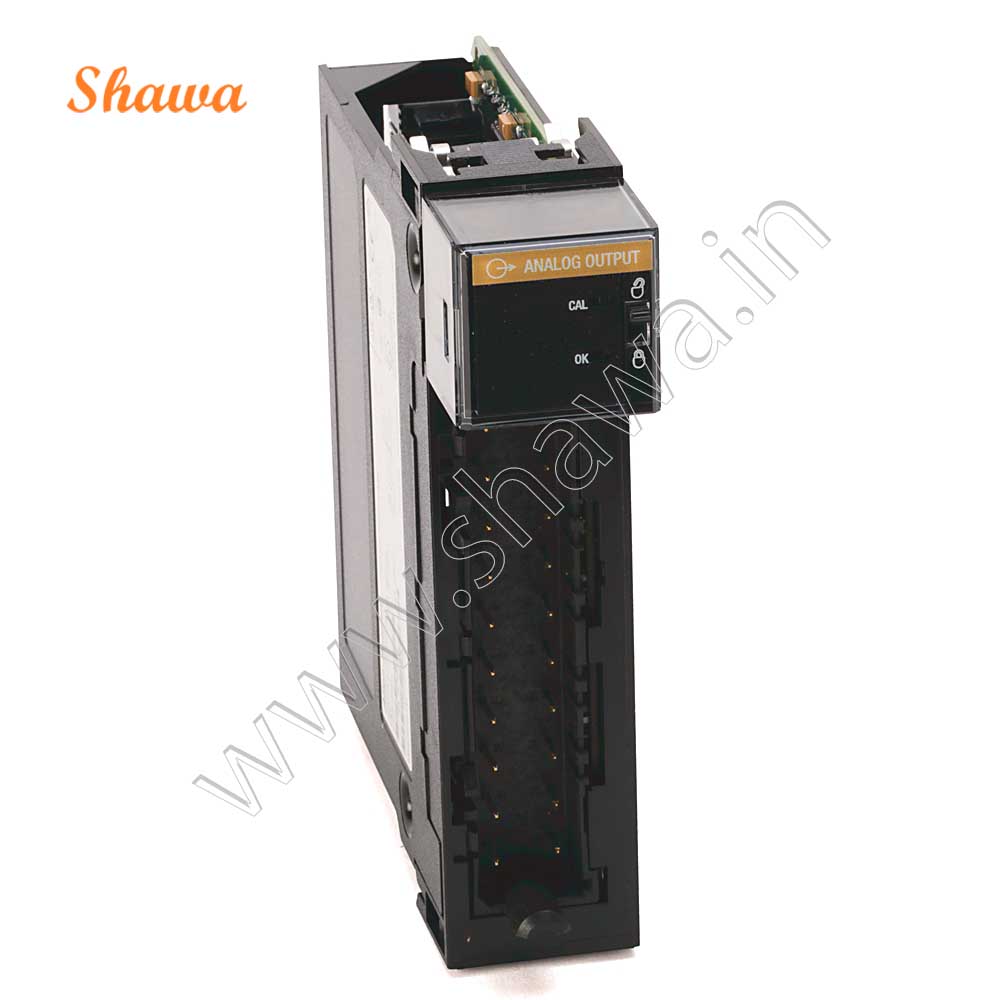
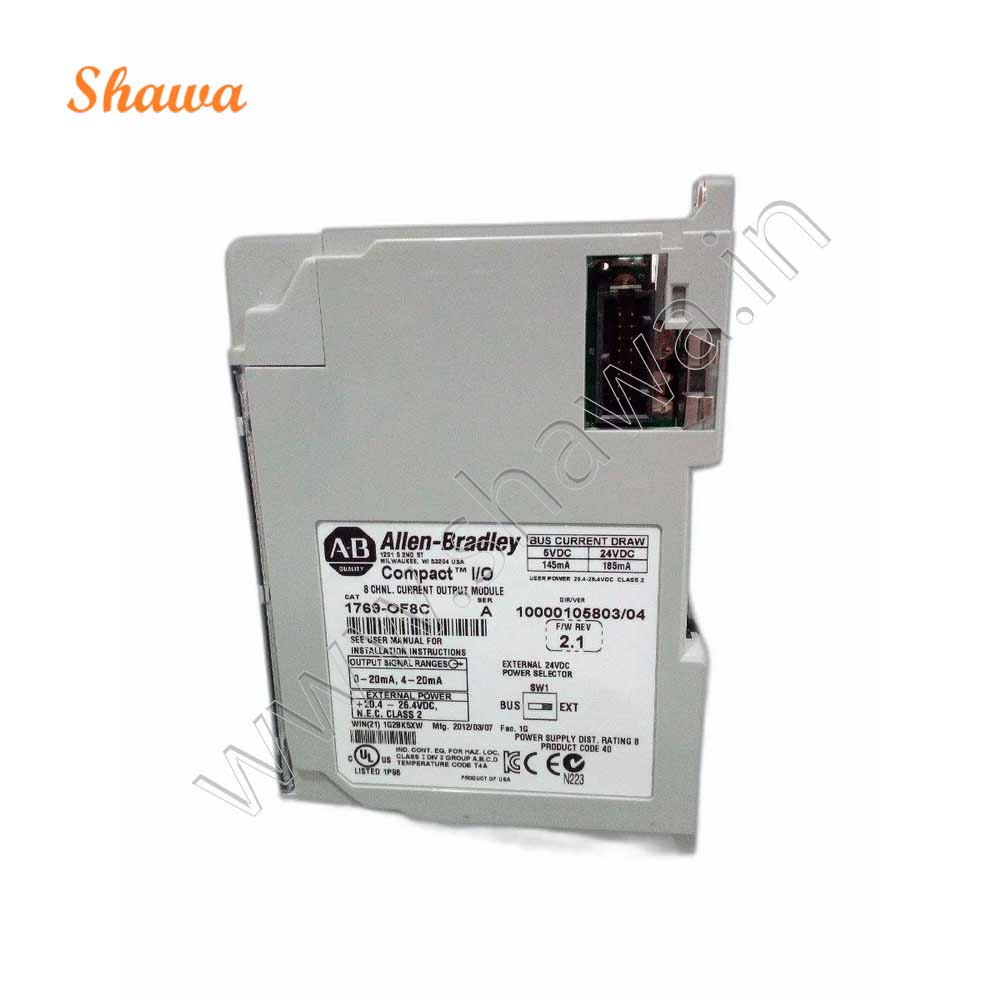
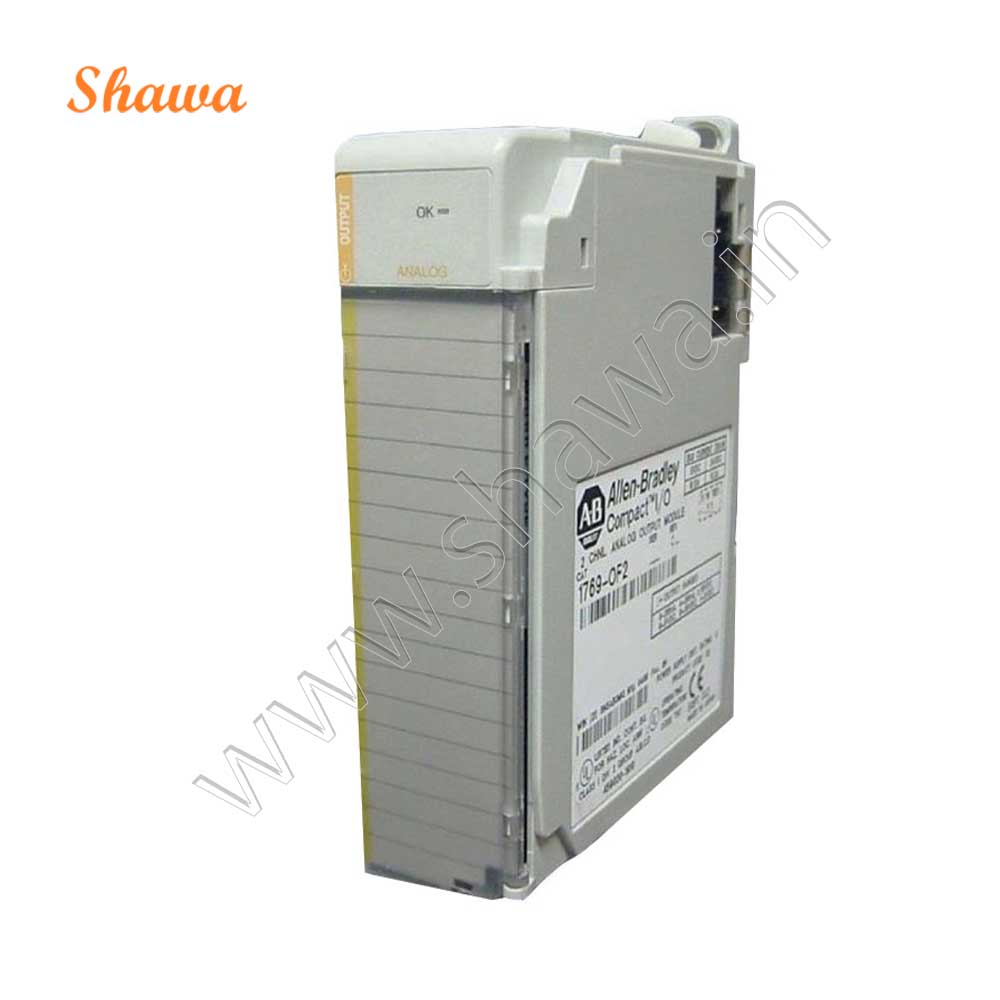
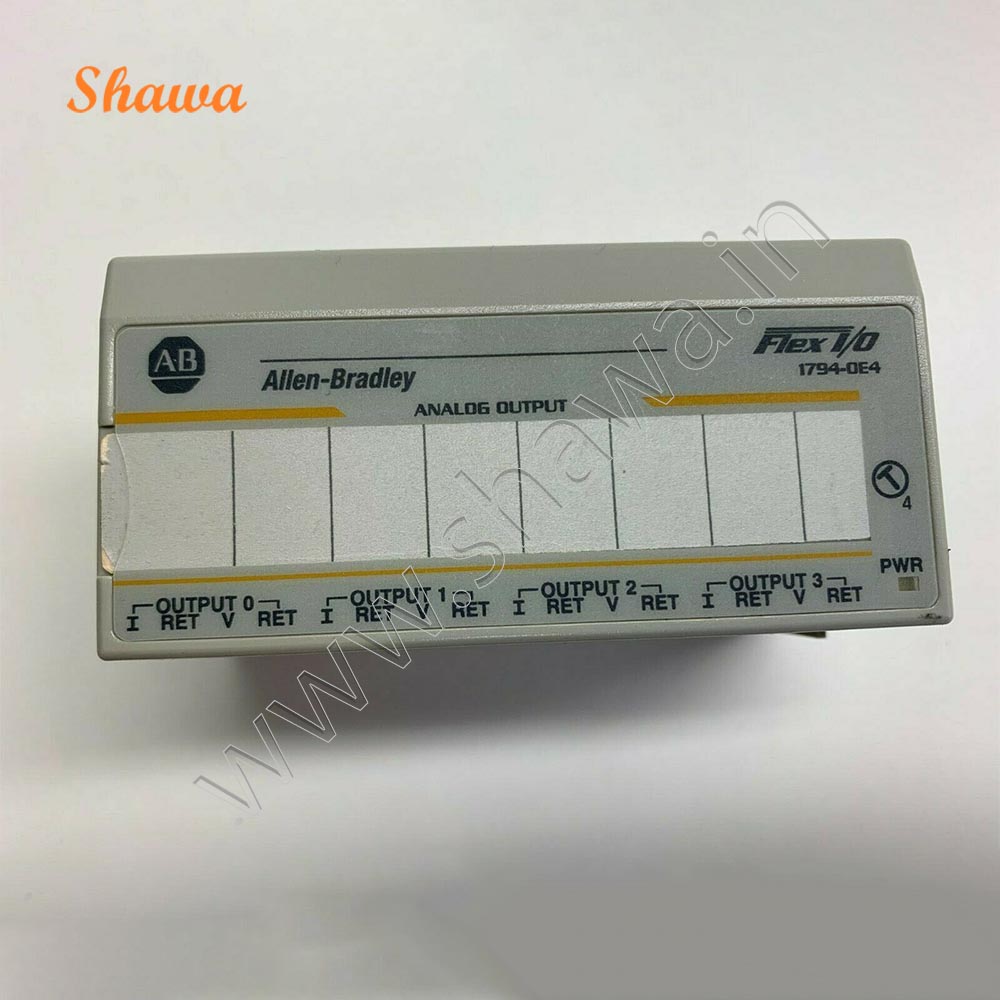
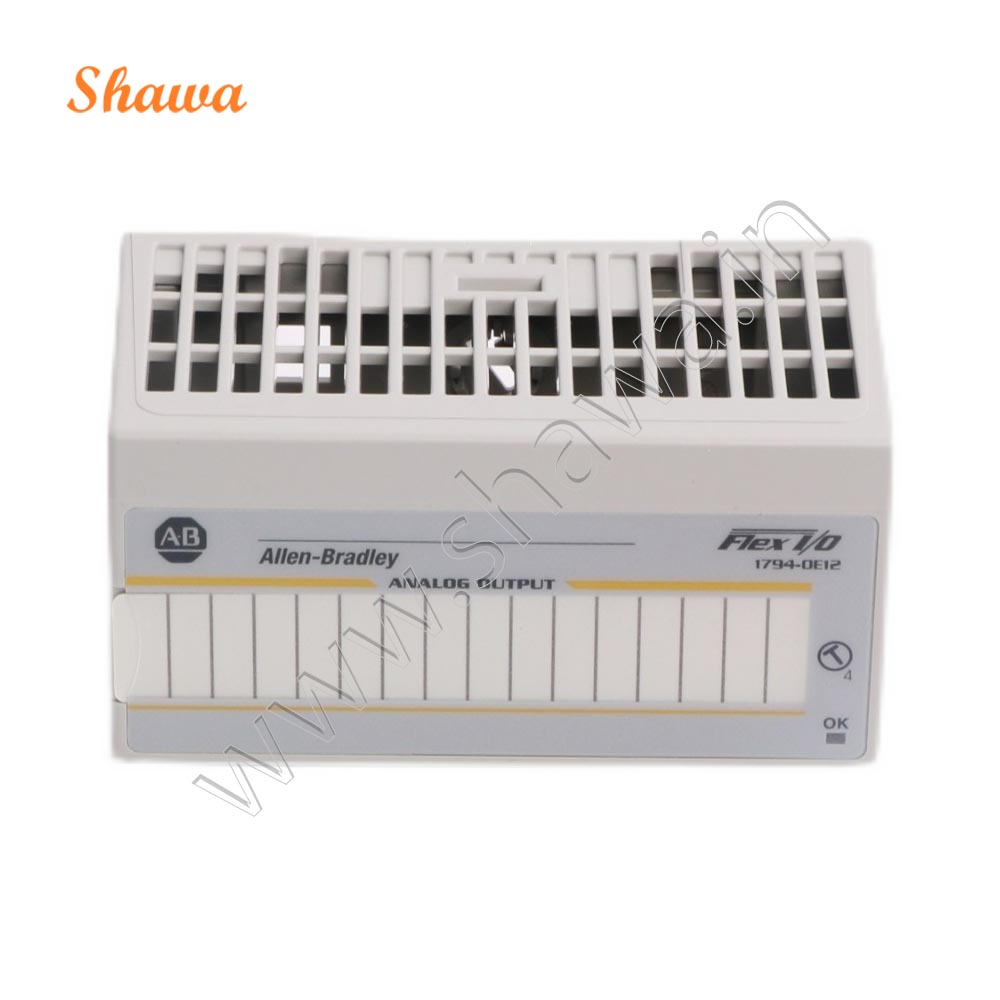
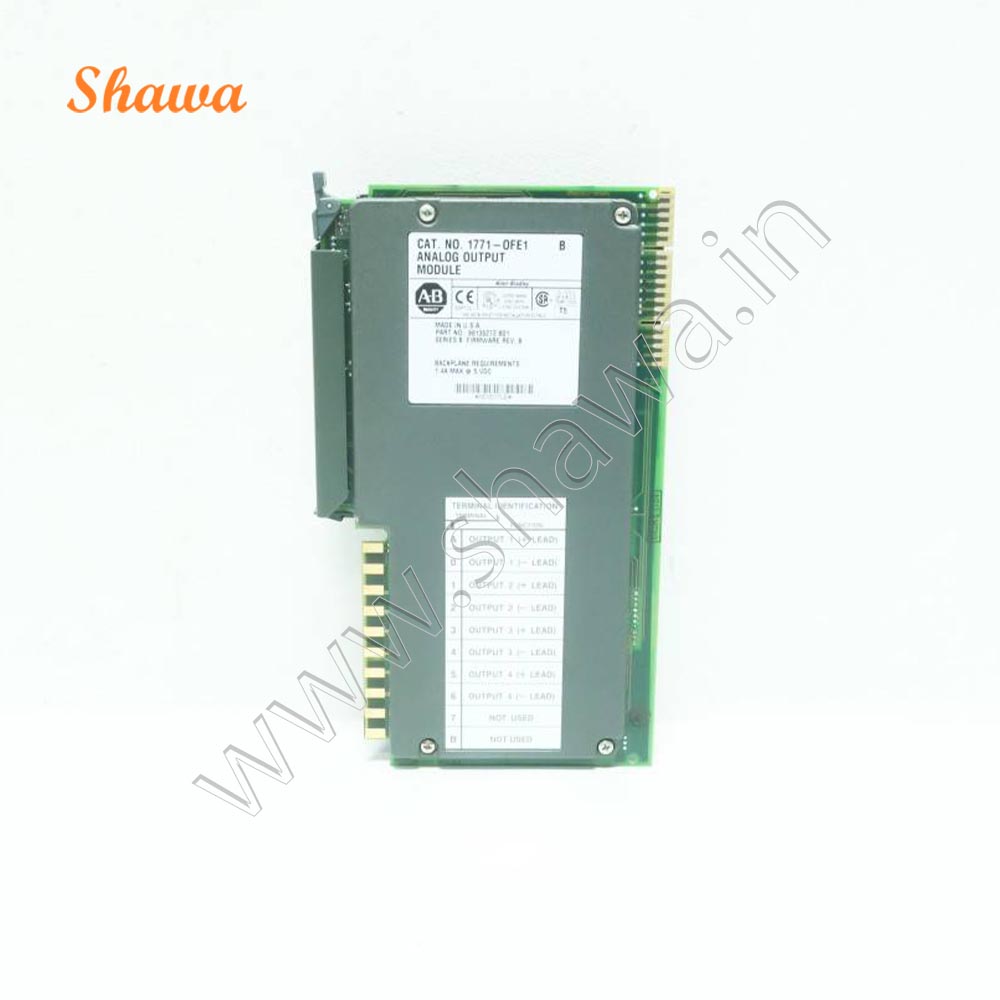
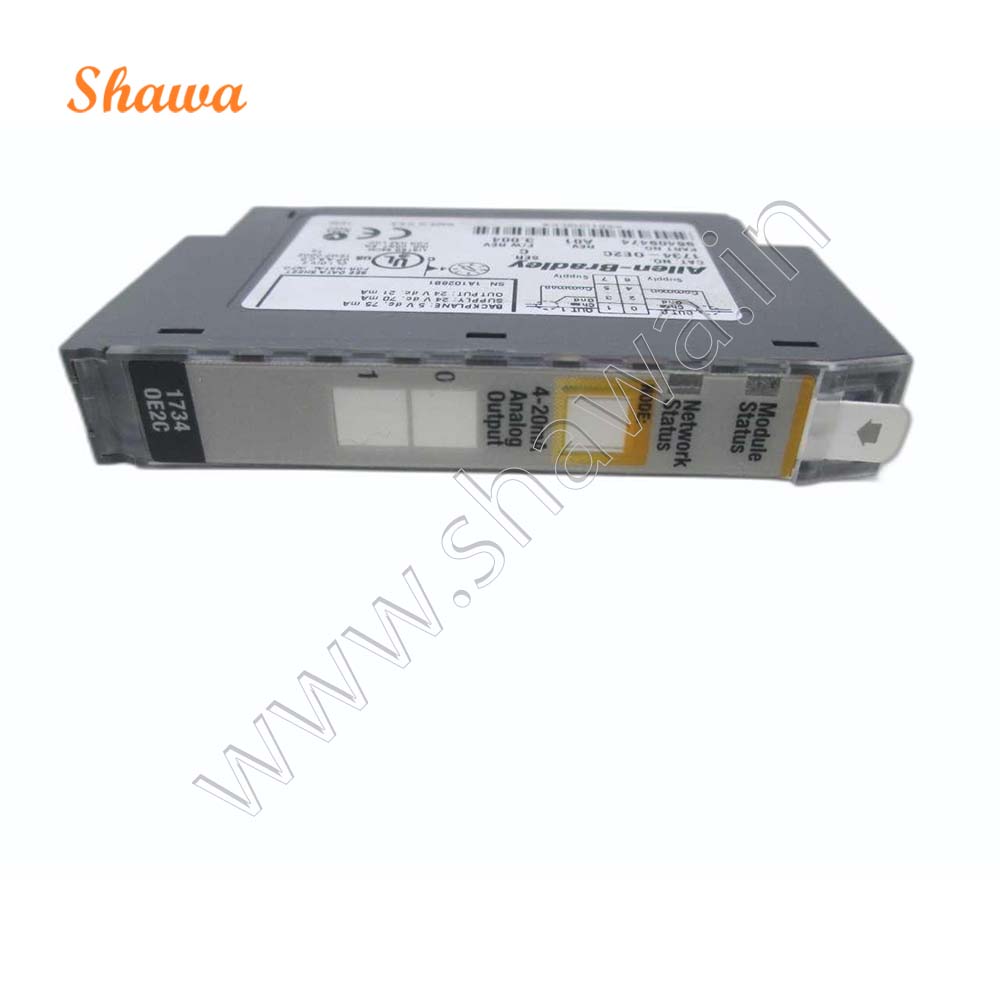
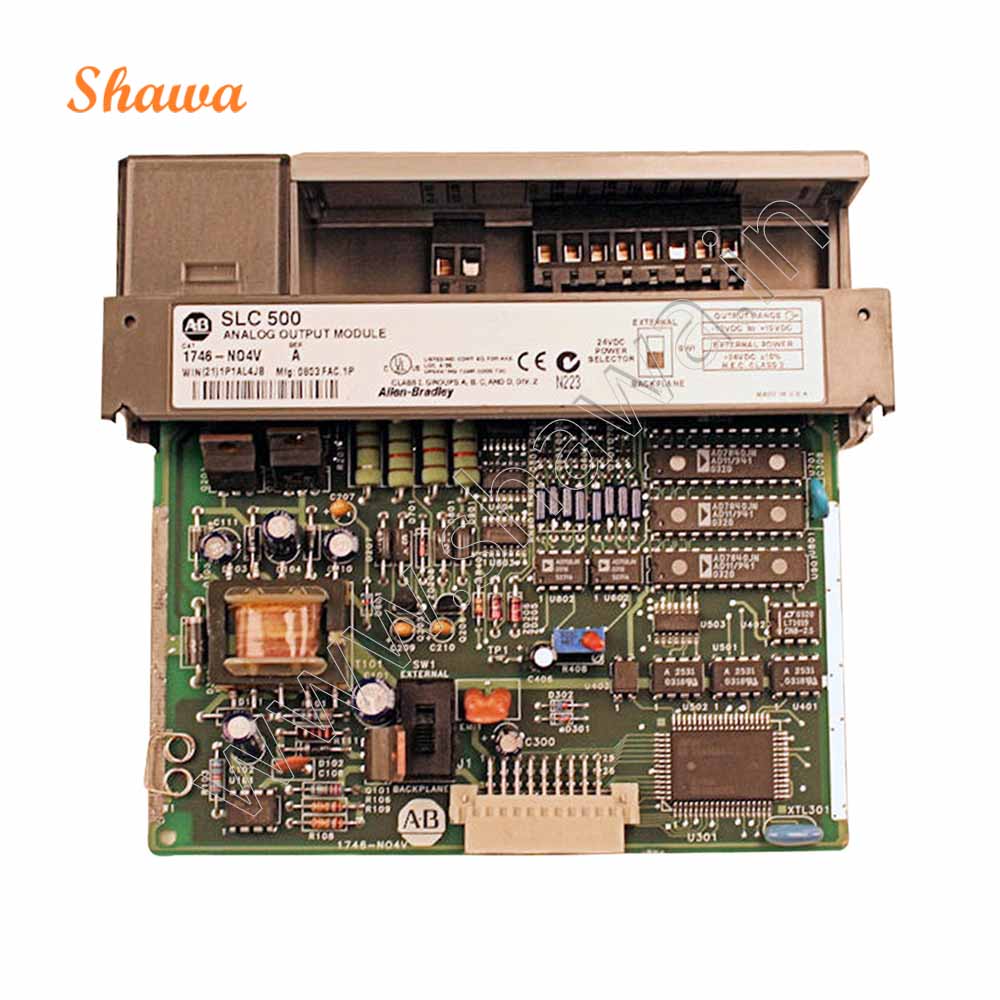
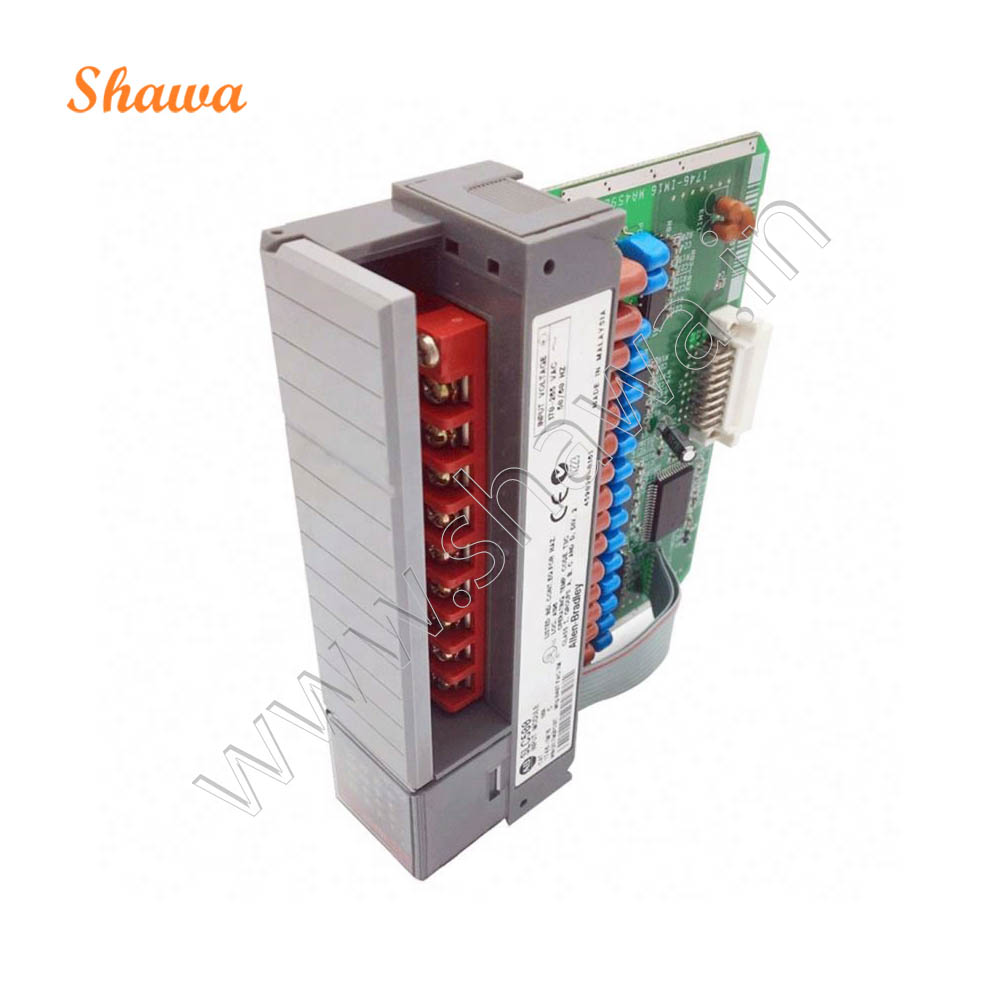
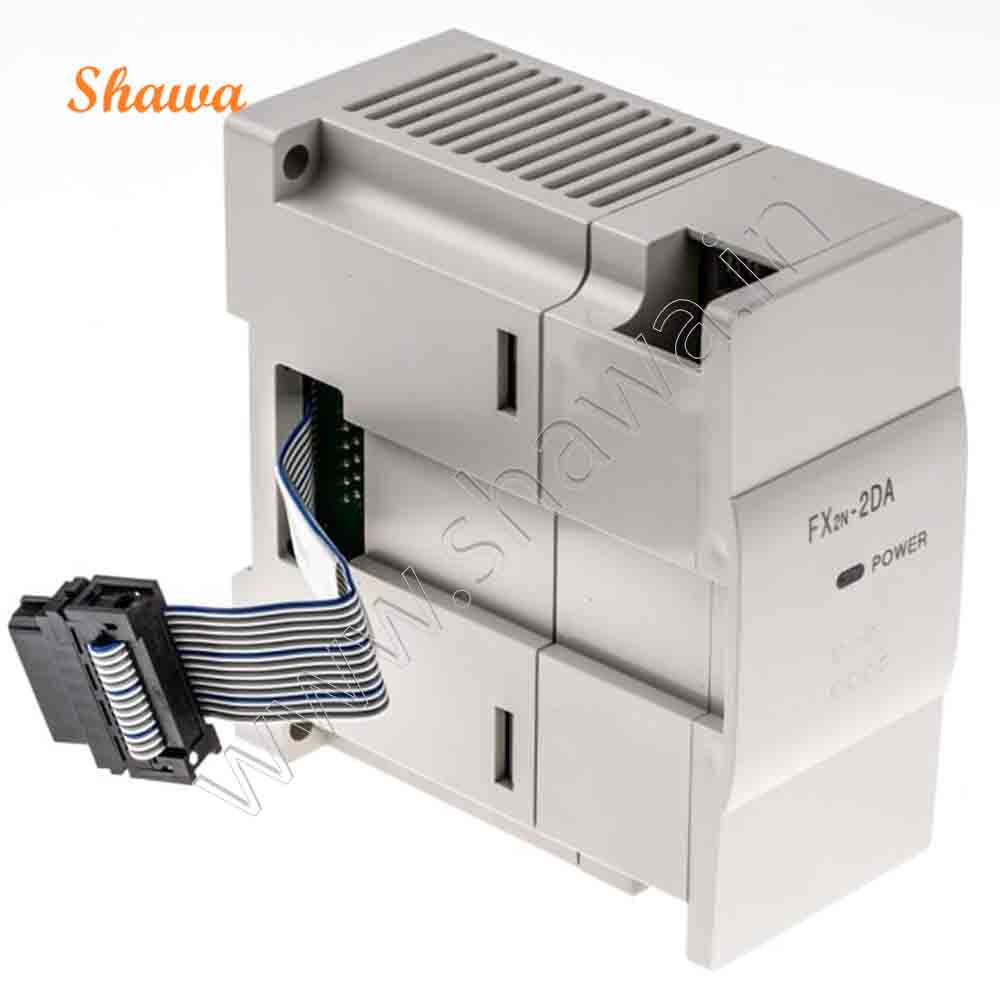
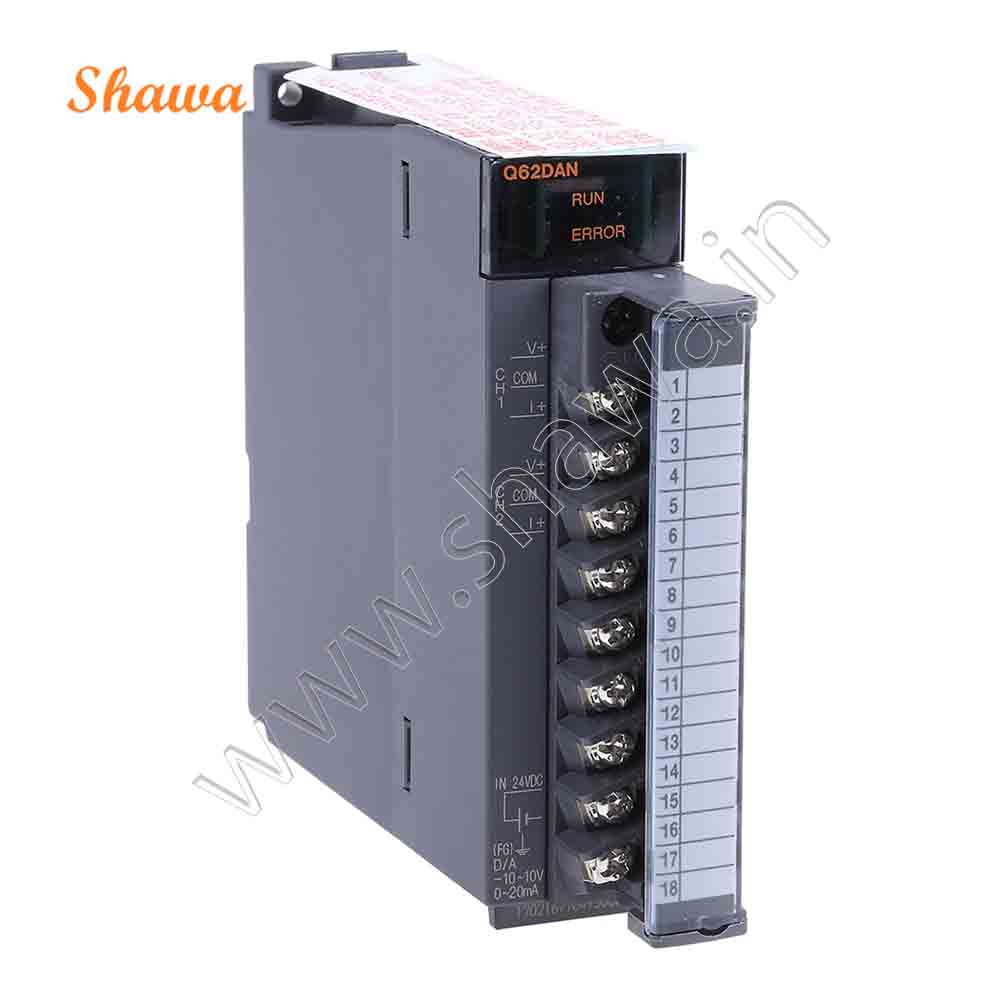
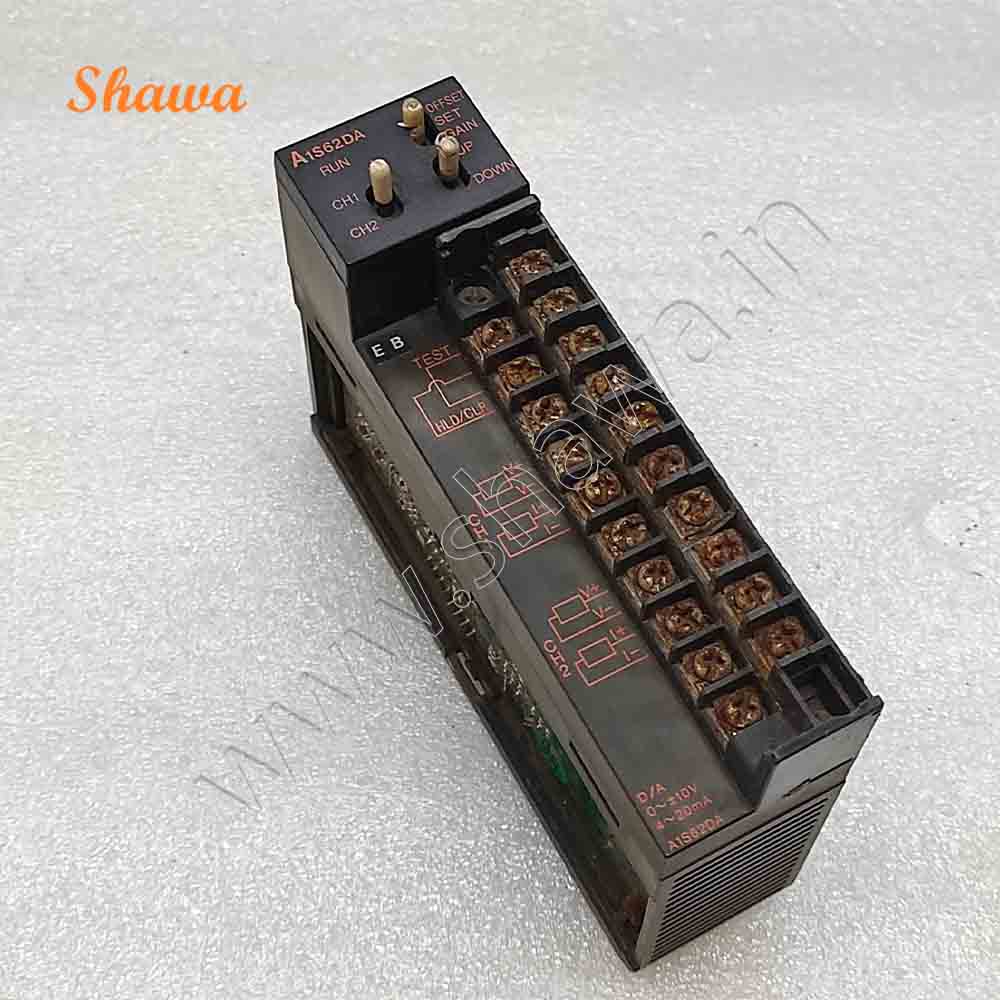
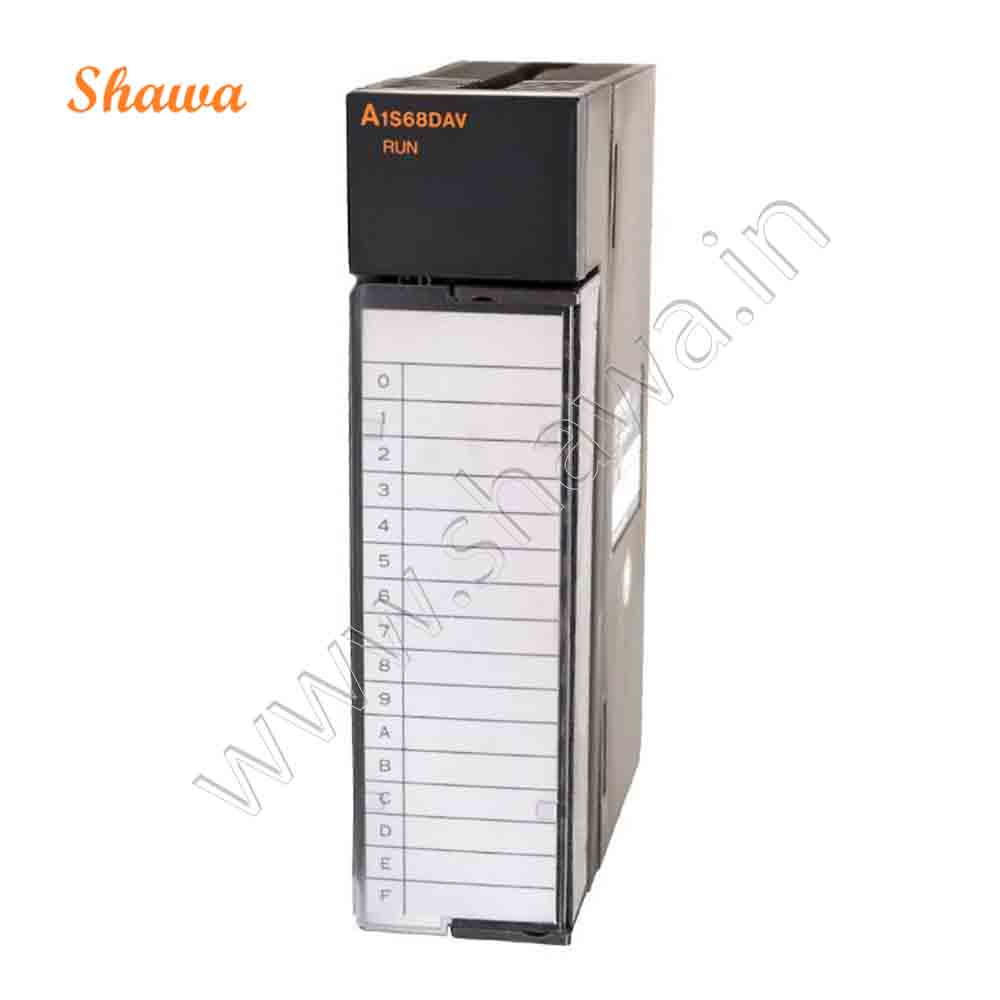
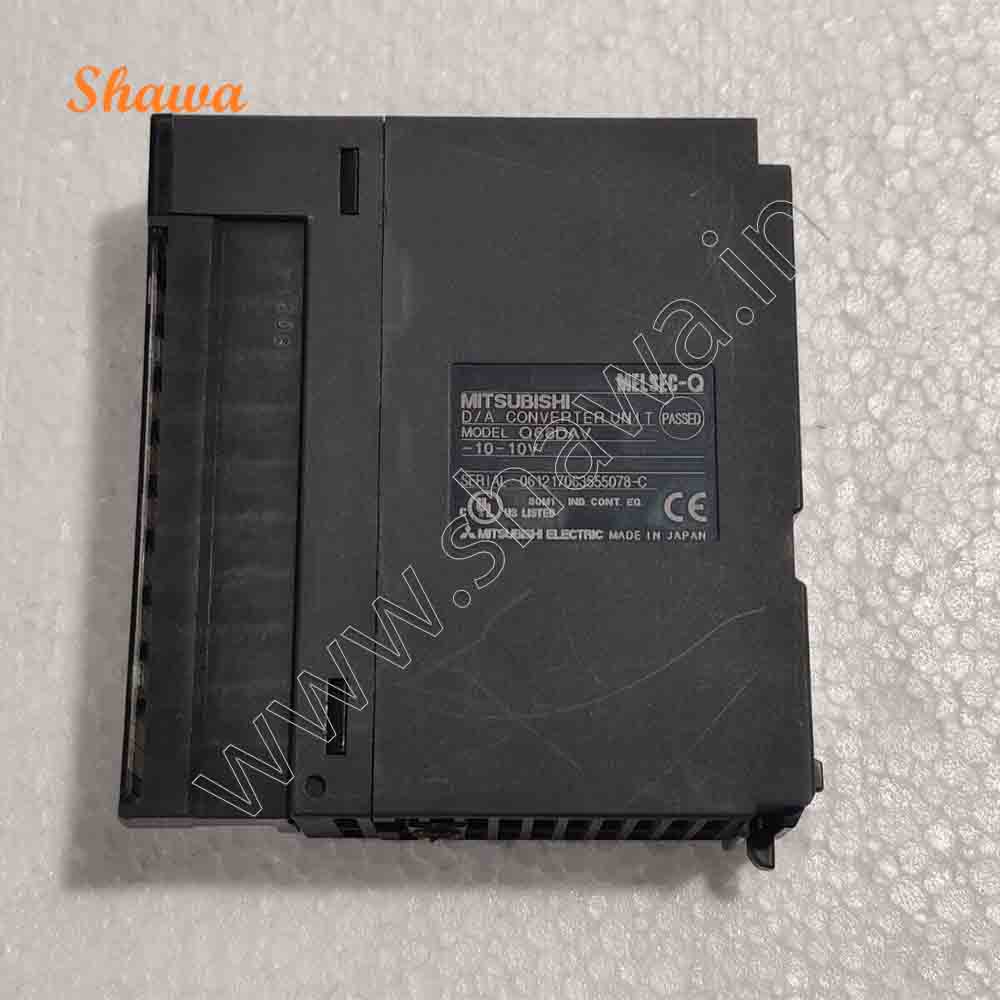
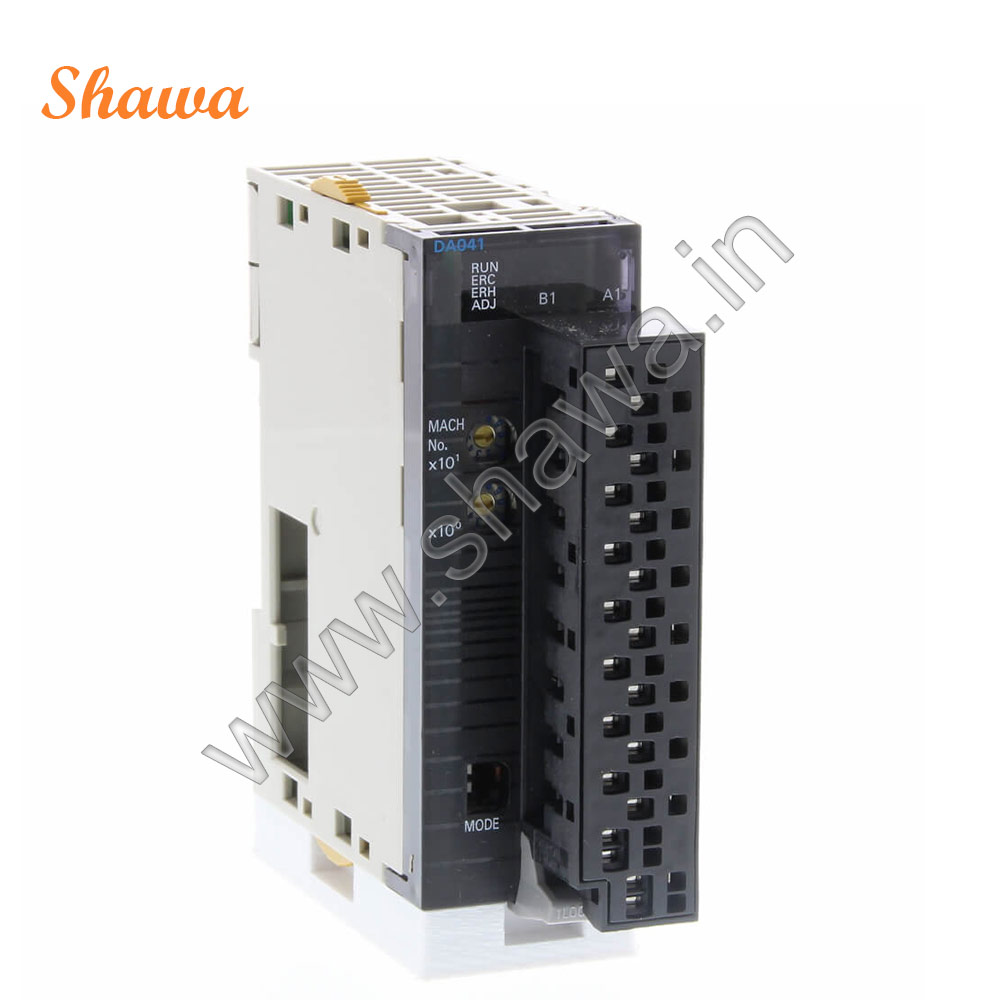
 +91-98701 00205
+91-98701 00205